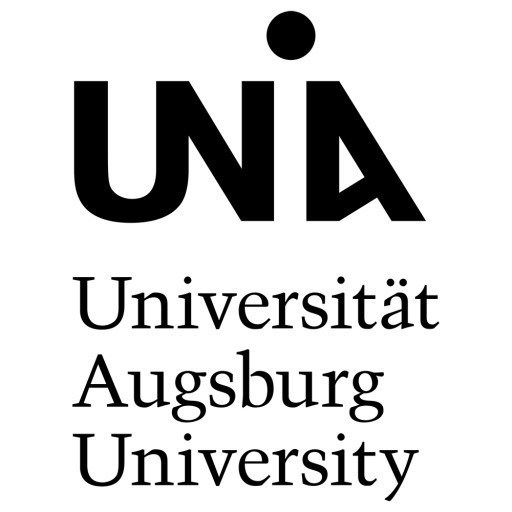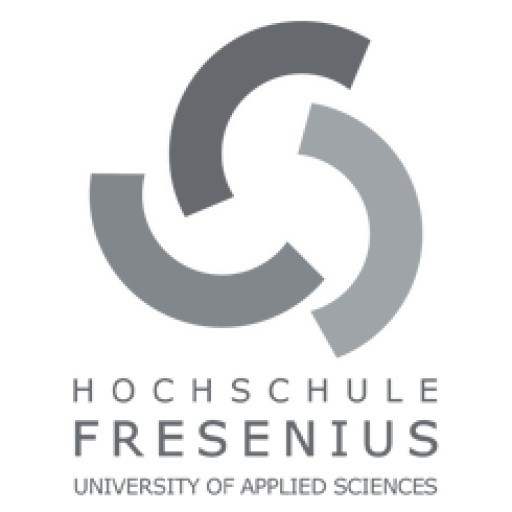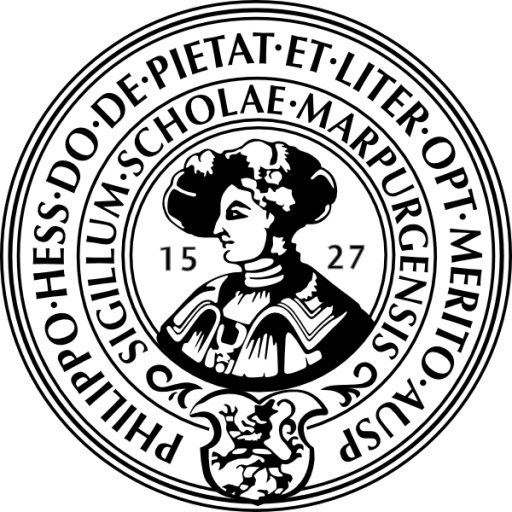Photos of university / #unigoettingen
The programme is for students interested in pursuing an international career in forestry, nature conservation, ecosystem research or in development organisations.
Graduates of the programme work in forest management all around the world, often in cooperation with international research and development organisations.
Along with the formal course work, students gain intercultural work and life experience by interacting with international colleagues and professors. Experience has shown that personal and professional contact established during this MSc programme is an excellent way to expand the students' professional network.
The international alumni activities are operated and supervised by the Centre for Tropical and Subtropical Agriculture and Forestry with alumni networks covering South-East Asia, the Egypt-Arab region, Iran and neighbouring countries, and Latin America.
Educational organisation
The MSc course is a two-year programme with a modular structure.Phase one: the first two semesters consist of lectures and course work in Göttingen. Forest-related knowledge and methods are taught in compulsory modules such as Tropical Silviculture and Forest Ecology, Tropical Soil Science, Forest Resource Assessment, Bioclimatology and Global Change, International Forest Policy and Economy, and Project Planning and Evaluation.
With a wide range of elective modules, students may specialise in some fields of forestry, gain interdisciplinary knowledge by choosing courses from other faculties of the university (e.g. Agricultural Sciences, Biology) or improve professional skills (e.g. foreign languages, soft skills).
Phase two: during the third semester (winter semester) an interdisciplinary student project is conducted abroad. The project deals with a problem specific to the project partner, e.g. agroforestry, reforestation, conservation, forest fires, soil protection. So far projects have taken place in Chile, Ecuador, Indonesia, Malawi, Laos and the Philippines. In addition to the students' own research activities, the project organisation and the ability to work in an intercultural context are of high priority.
Phase three: having completed the project, students usually begin field work for the final thesis in a country of their choice. Field research usually takes up to three months and is supervised by professors and experienced scientists.
The Faculty of Forest Sciences and Forest Ecology offers a modern working environment. Apart from many well-equipped laboratories and great variety of research facilities (climate chamber, gene and molecular biological equipment, greenhouse, etc.), the faculty holds the largest library of forestry literature in Germany. During the programme, students will experience a variety of new and traditional teaching methods.
The faculty runs some blended learning projects and is developing e-learning modules constantly. E-learning methods are mainly applied in GIS and software courses. The internet-based platform Stud-IP is used by students and lecturers, especially for sharing documents, results and online discussions.
In addition to "traditional" lectures in an auditorium, students are often taught in smaller groups outside during excursions and practical courses.
Some modules are designed as seminars in which students are required to give a presentation on a specific topic; the presentation and topic will be discussed among the group.
An interdisciplinary project is carried out by the students in the second winter semester. Students work as a team on a forestry-related problem with a focus from different disciplines. The students find themselves in close-to-reality situations in which they have to cope with a given situation and find a practical solution.
Study abroad unit(s)
Modules of other university faculties and other universities are also accepted as electives, including the modules of our partner universities in the Philippines, Chile, Mexico, Columbia, Indonesia, etc. In general, the field research for the Master's thesis is carried out abroad.Internships
Optional: students can take an optional internship module. The four-week internship can be completed in a forestry-related institution or enterprise during the lecture breaks.Forms of assessment
All courses conclude with an exam and are allocated credit points according to ECTS. Forms of assessment may vary: written or oral exams, presentations, seminar papersCourse objectives
The aim of the programme is to train experts for an ecologically sound and economically viable management of forests and tree based land use systems worldwide.Besides technical and scientific knowledge, students improve their intercultural understanding, problem-solving and project management techniques as well as team work and presentation skills.
Language requirements
TOEFL 550 (paper-based), 213 (computer-based), 80 (internet-based), IELTS 6.0 or equivalentAcademic requirements
To be considered for admission, the following requirements must be fulfilled:- professional degree (BSc or equivalent) in forestry or a related field (e.g. agriculture, geography) with very good to good results conferred by an institute of higher education or a similar qualification
- proficiency in English (TOEFL or IELTS)
Please check our application platform GeoForestry: http://157.193.231.56/index.asp?p=1305&a=1305
Enrolment fees
Enrolment fees are approx. 300 EUR per semester. Fees include a pre-paid semester ticket which entitles students to use regional trains free of charge within the federal states of Lower Saxony and Bremen as well as city buses. Students of the University of Göttingen receive discounts for cultural events. Meals and drinks are also available at reduced prices at all university canteens.http://www.uni-goettingen.de/fee
Costs of living
The average cost of living in Göttingen is modest compared to other major university cities in Germany. Currently, expenses for accommodation, food, health insurance and books reach approx. 700-750 EUR per month. Please note that fees for health insurance may vary according to age. Living expenses might be slightly higher.Job opportunities
The university supports students in finding part-time jobs in local industries and businesses. A number of student jobs are also available at the university. Please note that restrictions may apply with your scholarship or work contract.Foreign applicants should note that it is not easy to find a job in order to fund their studies as German students are also looking for jobs. Non-EU students are allowed to work on a maximum of 120 days (240 half days) per year.
Arrival support
The International Office provides a complimentary pick-up service ("Buddy Exchange Service") from Göttingen railway station to the accommodation. German students help newly arrived students to adapt to the university and the city during their first weeks. There is also an orientation week for new international students, which provides valuable information about Göttingen and the university.Additional support, including an intensive German language course in September, will be available.









